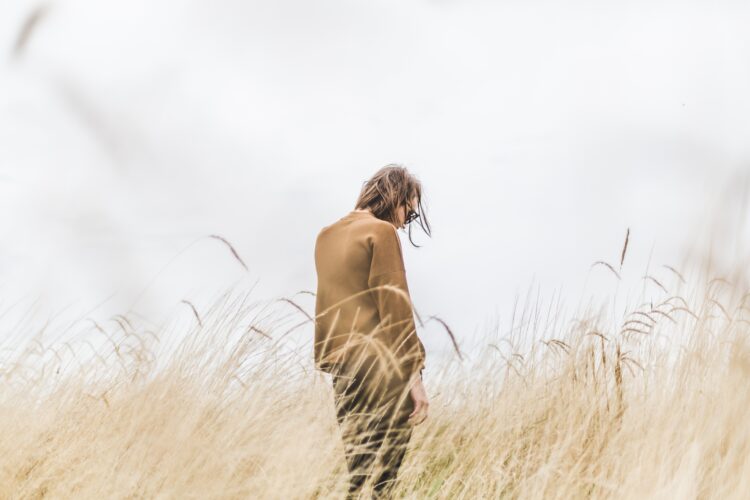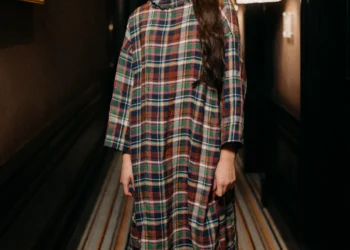It’s frustrating to have beautiful weather outside and know that it’s going to leave you feeling stuffed up and with streaming eyes. Here are some tactics to help

Hayfever is a curse and unfortunately it’s that time of year again. If you really suffered with symptoms last summer, which according to experts was the worst in years for allergy sufferers, then no doubt you will want to up your game this year to prevent streaming eyes, a sniffly nose and itchy throat.
You will already be aware that hayfever, also known as allergic rhinitis, is caused by pollen. It is a protein inside the pollen particle that causes inflammation, irritation and swelling of the nasal passages. It also affects the eyes and throat. This inflammatory reaction is caused by a histamine, a substance released by the body in response to the allergen.
Products to help hayfever sufferers
Antihistamines are the most common hayfever medications. Don’t be deterred by the reputation for drowsiness, as developments in recent years mean there are more effective options available. Speak to your pharmacist for advice on what will work best for you.
In terms of supplements, A.Vogel’s Pollinosan tablets help with hayfever that is triggered by grass and tree pollen. The tablets contain seven tropical herbs believed to help with the symptoms. They cost €14.99 for 120 tablets and are available from independent health stores nationwide and online from www.avogel.ie.

The HayBand (€10.90) is a drug-free non-invasive product that works using acupressure. The band focuses on the LI-11 pressure point, found at the end of the crease at the elbow. It can be worn by adults and children, is reusable and has no side effects. You can use it with small amounts of antihistamines to prevent the onset of and manage symptoms. It should not be used during pregnancy.

Herbal teas can help soothe symptoms. Peppermint is a natural decongestant and liquorice tea can reduce the respiratory tract inflammation for example. Pukka Herb’s Three Ginger Tea contains turmeric, and both those ingredients are recommended to ease the effects of allergic rhinitis.

An air purifyer will remove pollen particles that have gotten inside your home. The Dyson Pure Cool Link Desk Purifier (€449.99)’s small size makes it more portable than the tower version, so you can move it to where you need it throughout the day. It is made for use on a desk but it will also work on your nightstand, as it contains portable high-efficiency particulate air (HEPA) filters, which can help keep your bedroom pollen-free. At a lower price point, Homedics 5 in 1 Totalclean Air Purifier (Harvey Norman, €189) is effective and also has a night mode which will work while you sleep.
What you can do now to reduce symptoms
There are lifestyle habits that can help you to manage hayfever symptoms. Try:
- Stay indoors as much as possible on high pollen days. Between 10am and 4pm is the peak time for pollen dissemination
- Changing your diet. The omegas in oily fish can bolster your immune system. This eases the inflammatory response the body has to allergens like pollen so can help reduce your symptoms. Avoiding dairy can help, as those foods can stimulate production of mucus in the respiratory system. Citrus fruits are a good source of vitamin C which is thought to be a natural antihistamine.
- Avoid sweet treats. Baking is popular in lockdown but limit sugary treats if you can. Having sugar can trigger a surge in blood sugar levels that then precipitates a dramatic drop that can then cause adrenalin production, which involves the production of histamine.
- Wearing a face covering not only protects you and those around you from coronavirus, it will also prevent pollen from entering your mouth and nose. Wearing sunglasses can stop pollen from irritating your eyes.
- When you have been out in your garden or walking your dog, change your clothes afterwards to reduce the amount of pollen you bring into your home. Wipe your dog down with a damp cloth to catch any pollen on their coat.
- Showering in the evening rather than the morning can help get rid of the pollen that has accumulated on your hair and body throughout the day. That way you won’t be sleeping on a pillow covered in pollen, to inevitably wake up with puffy eyes.
- When driving, keep the windows closed and the aircon on to prevent pollen from getting into your car.
- Do not hang your washing out to dry on high pollen days.
Coronavirus and hayfever
It is not nice to experience symptoms like a stuffy nose or sneezing in public, but especially now when everyone is concerned about coronavirus and hygiene. However it’s important to note that the symptoms are very different. Remember coronavirus symptoms include a high temperature and persistent cough, and hayfever is linked to sneezing which isn’t a symptom of coranavirus.








